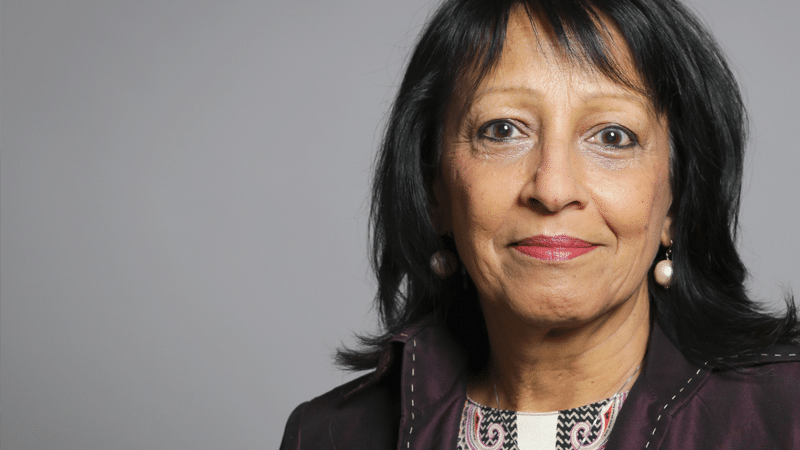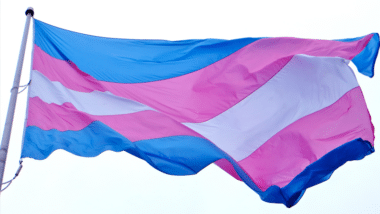The debate around “sex versus gender” has raised important “conflict of rights issues”, the head of the Equality and Human Rights Commission (EHRC) has said.
Baroness Falkner of Margravine made the remarks in an interview for Radio 4’s Today programme, following the equality watchdog’s call to pause gender self-ID plans in Scotland.
Scottish Government proposals include removing the need for applicants to provide any medical evidence, reducing the two-year waiting period to three months and allowing those as young as 16 to legally alter their birth sex.
Shift
Lady Falkner said the public debate on transgender rights had shifted since the Scottish Government first consulted on making changing legal sex much easier in 2017.
She highlighted the “genuine public concern” that “actions intended to promote the rights of trans people are perceived to conflict with those protecting the rights of women”.
When asked by presenter Nick Robinson for specific examples, she replied: “The practical examples are, impacting on the collection and use of data, participation in drug testing in competitive sport, measures to address other barriers facing women”.
The EHRC chief went on to say that the terms “trans rights and gender identification” currently lacked legal definitions and had no clear status in law, resulting in “larger numbers of litigations in this area”.
Dehumanising
A group of academics has pointed to a similar conflict of rights in the “desexing” of the “language of female reproduction” to accommodate ‘biological females’ who “do not consider themselves to be women because of their gender identity”.
The experts in women’s health argued that replacing terms such as ‘women’ and ‘mothers’ with ‘owners of vaginas’ and ‘birthers’ risked dehumanising women, “introduces inaccuracy” and “creates confusion” in relation to their medical care.using ‘female’ to describe a biologically male person with the gender identity of ‘woman’ is inappropriate
The article, provisionally accepted for publication by Frontiers in Global Women’s Health, also said that “using ‘female’ to describe a biologically male person with the gender identity of ‘woman’ is inappropriate”.
Professor Jenny Gamble, one of ten authors on the paper, told The Sydney Morning Herald: “Confusing the idea of gender identity and the reality of sex risks adverse health consequences and deeper and more insidious discrimination against women.”
‘People who menstruate.’ I’m sure there used to be a word for those people. Someone help me out. Wumben? Wimpund? Woomud?
Opinion: Creating a more equal post-COVID-19 world for people who menstruate https://t.co/cVpZxG7gaA
— J.K. Rowling (@jk_rowling) June 6, 2020
Ideological language
In a separate development, the Nursing and Midwifery Council (NMC) has rejected calls by over 700 of its members to quit Stonewall’s beleaguered ‘Diversity Champions’ scheme and Workplace Equality Index.
Among specific concerns raised by nurses and midwives who sent the letter to their regulatory body was the controversial LGBT lobby group’s promotion of “scientifically incorrect and ideologically misleading language” such as ‘sex assigned at birth’.using ‘female’ to describe a biologically male person with the gender identity of ‘woman’ is inappropriate
In support of the statement, one midwife commented: “Maternity care and midwifery must be woman centred in order to offer safe and effective care which honours women’s experiences of pregnancy, birth and motherhood.
“Inclusivity does not require removal of women and mothers from our language.”
EHRC calls on Scot Govt to halt ‘choose your own sex’ plan
Scot Govt under fire for ignoring women and religious groups in push for self-ID


